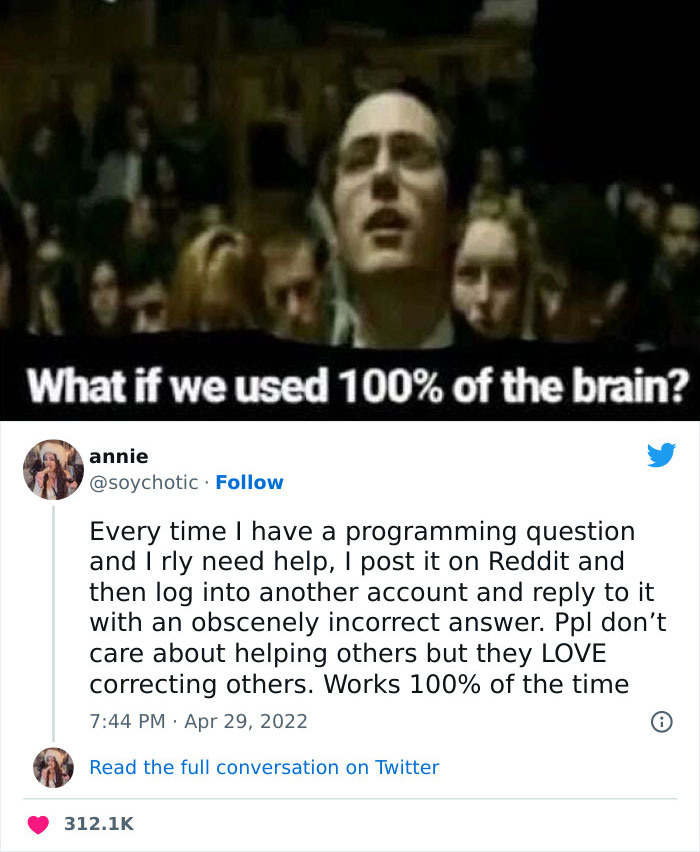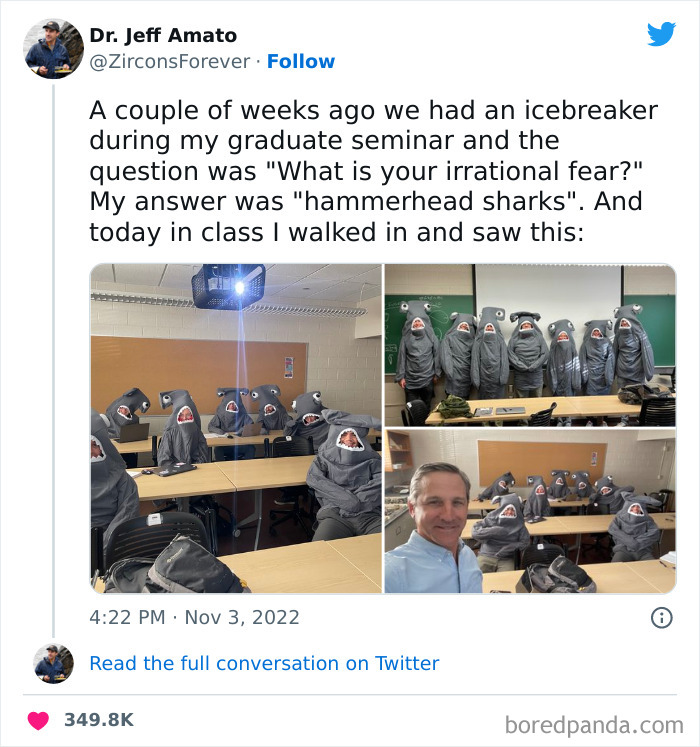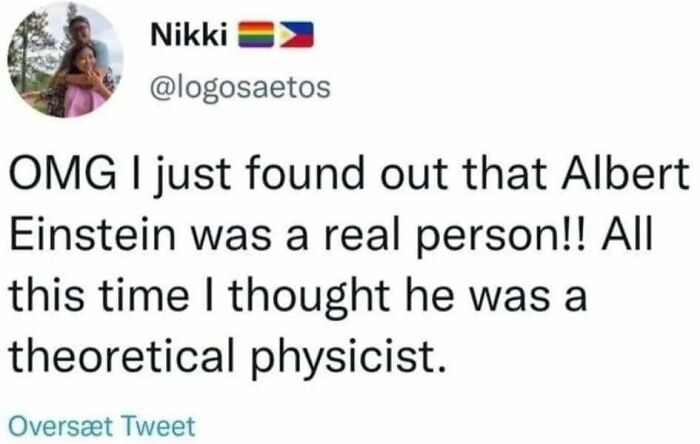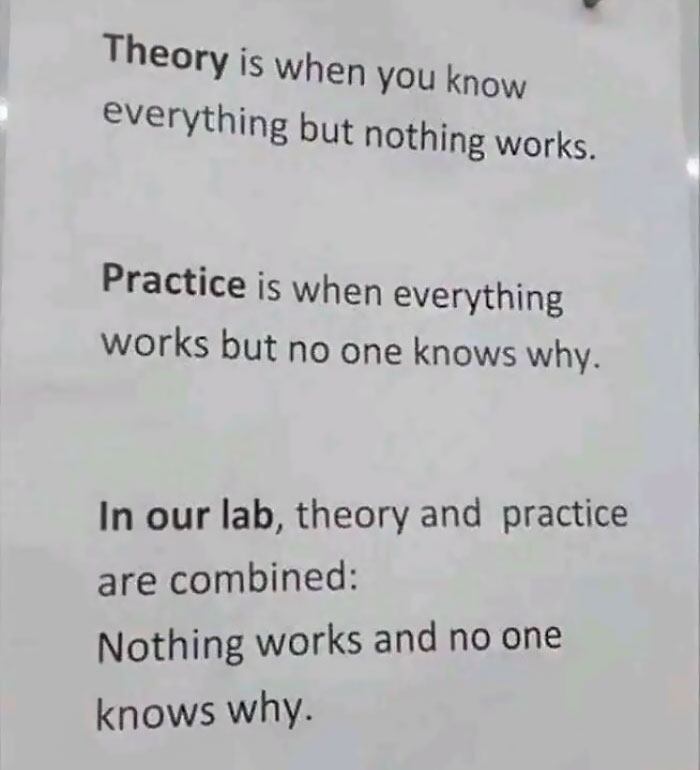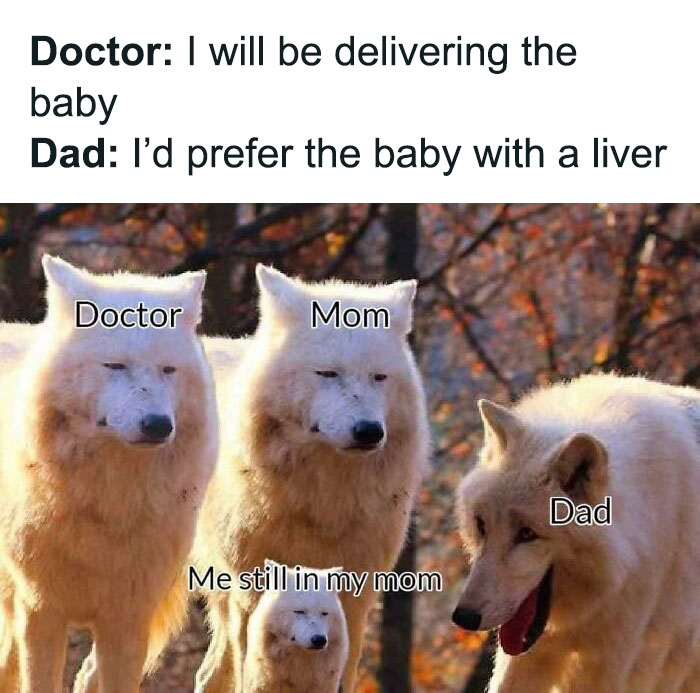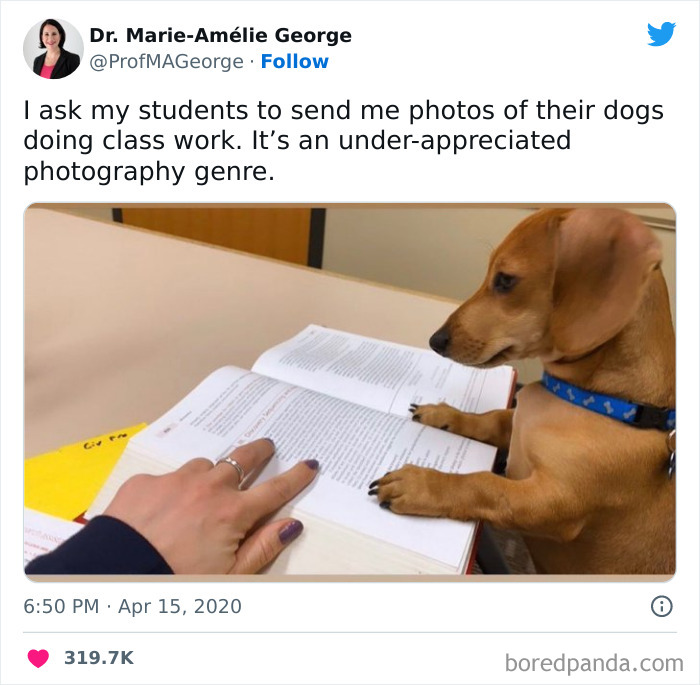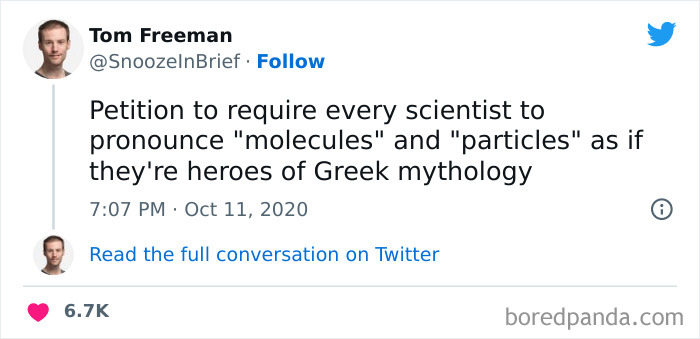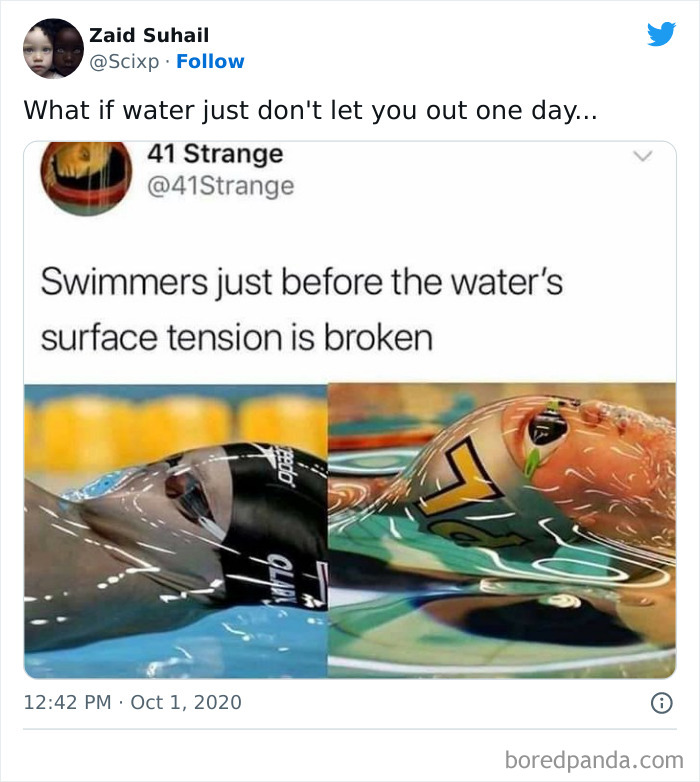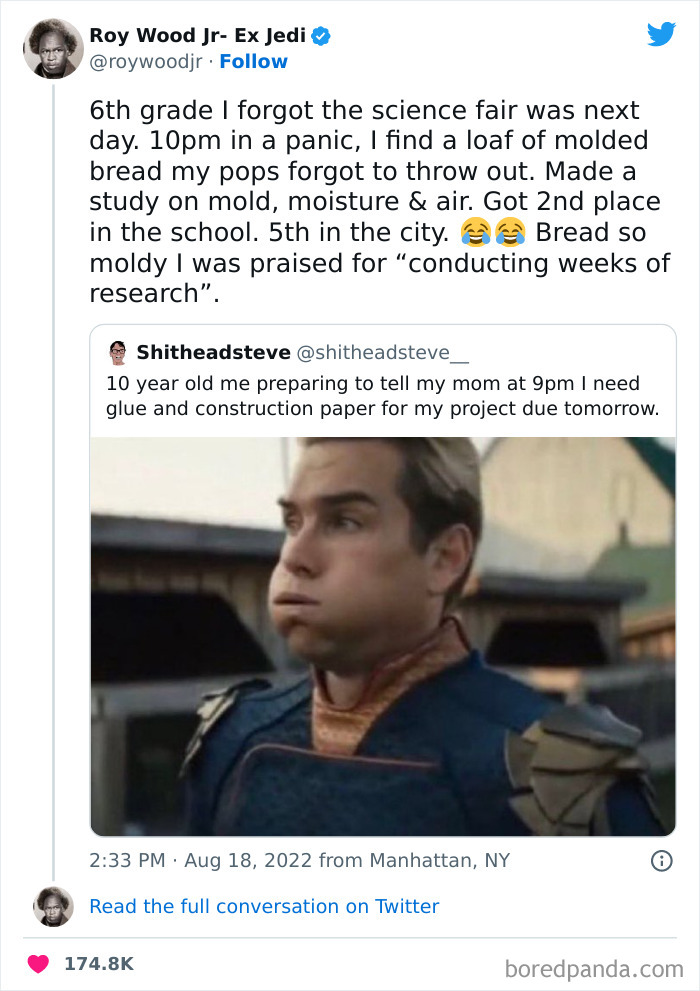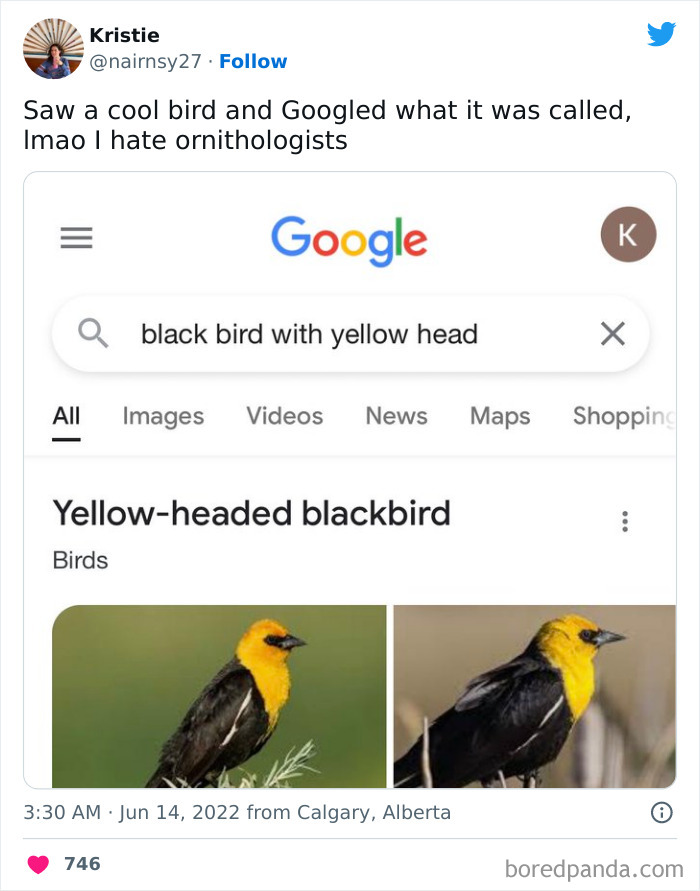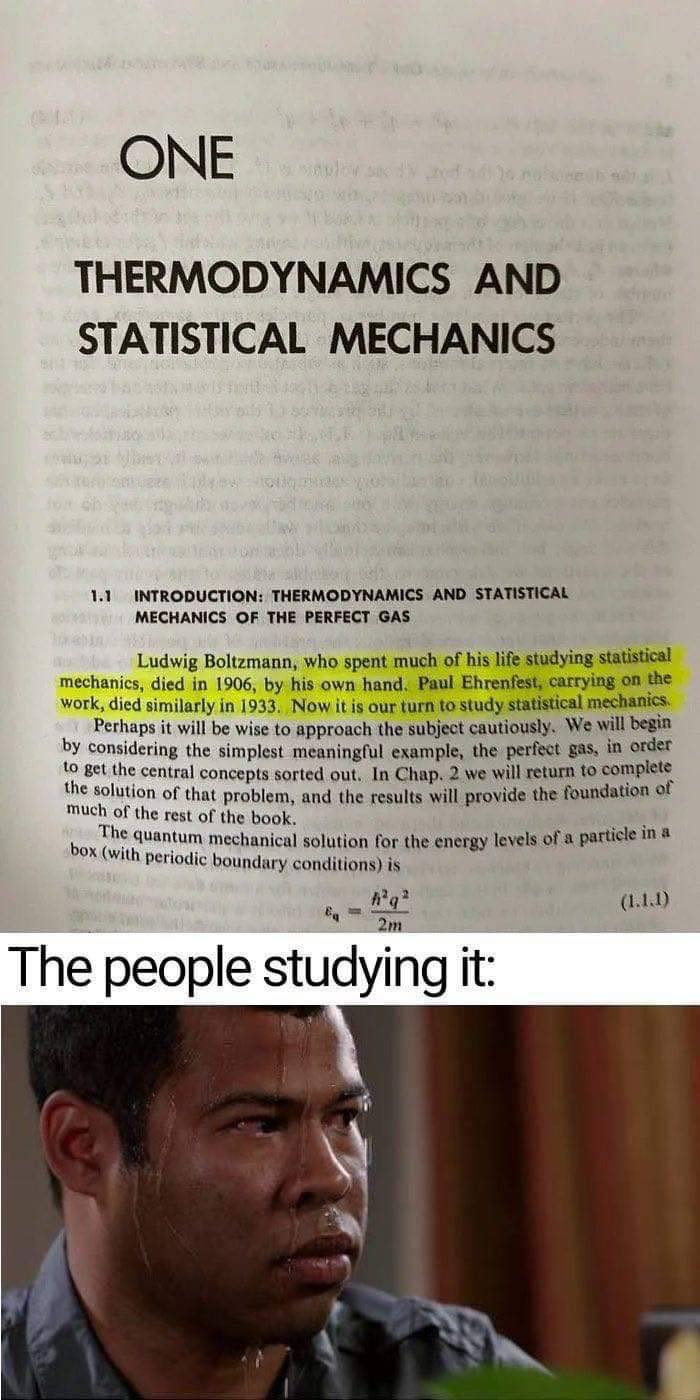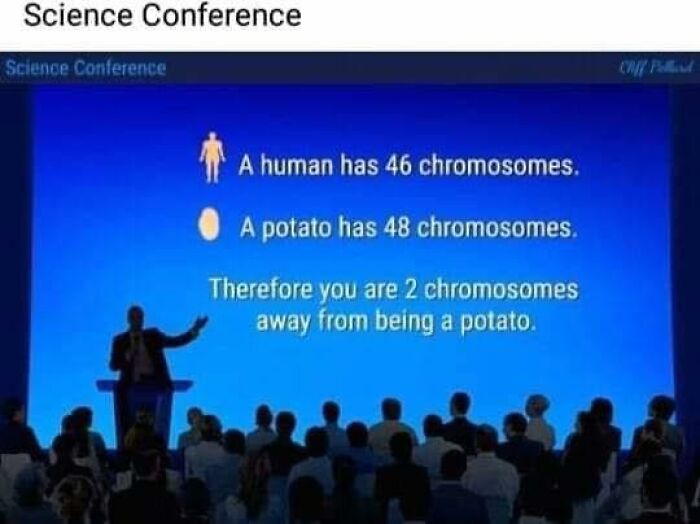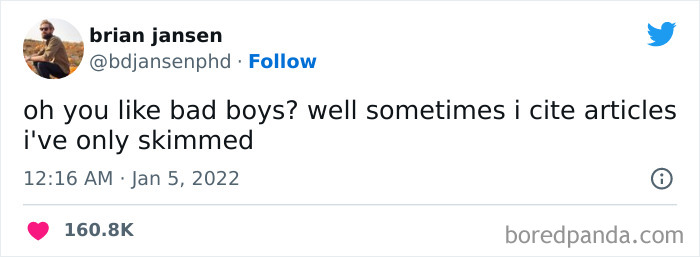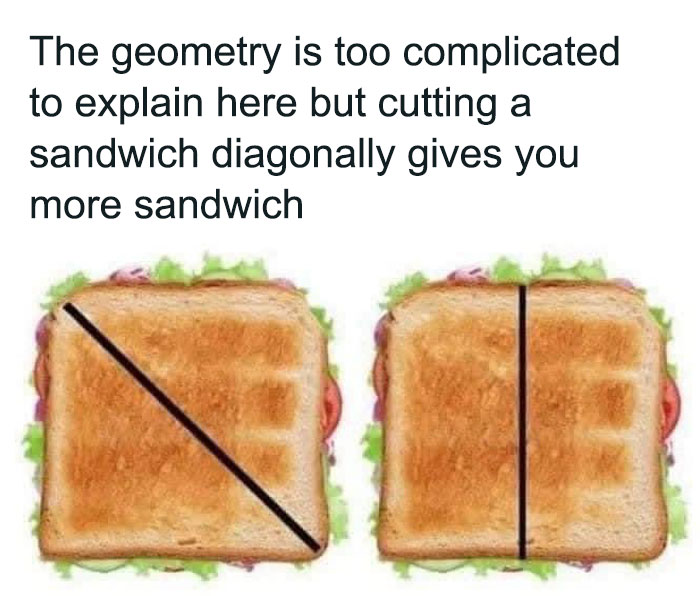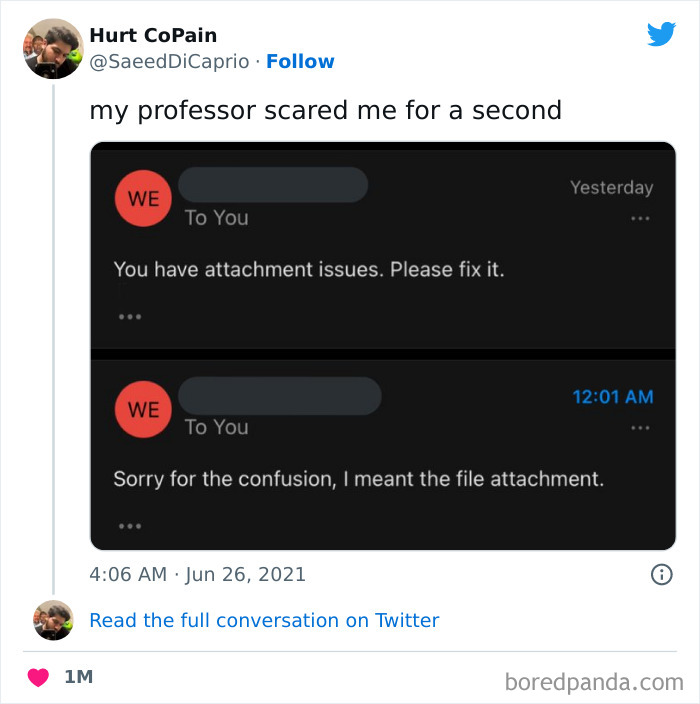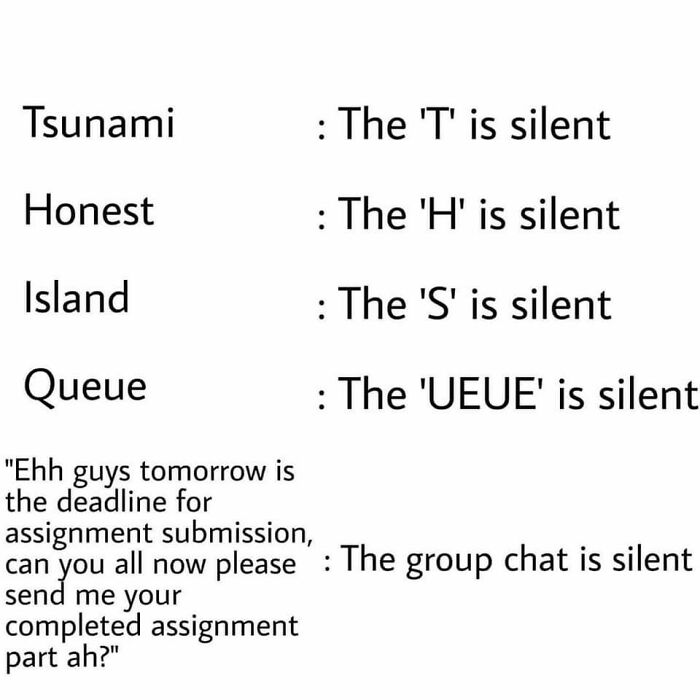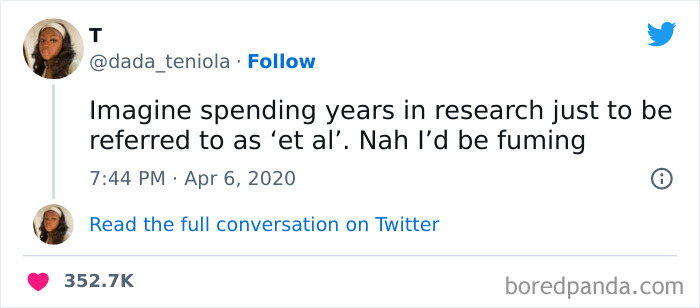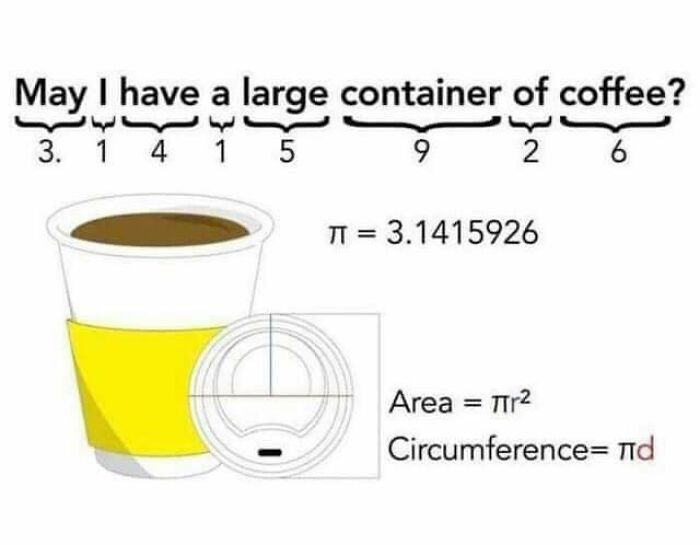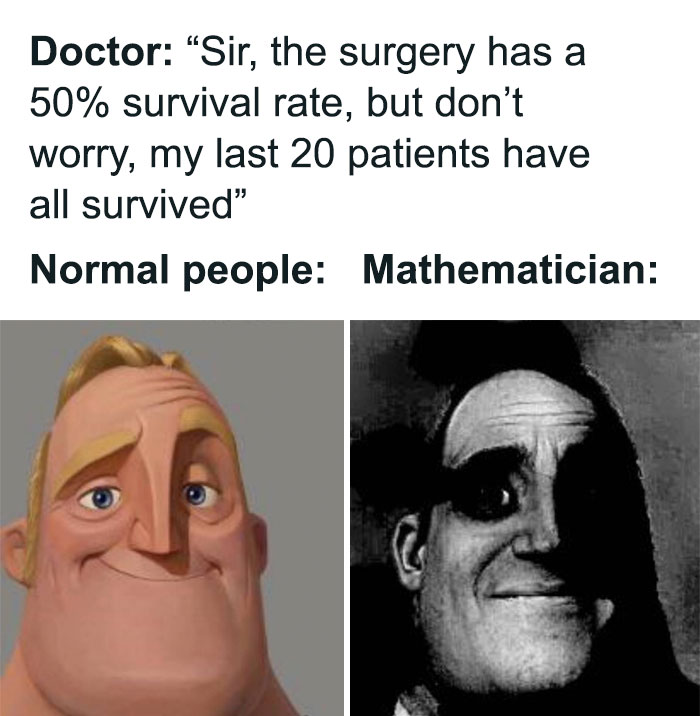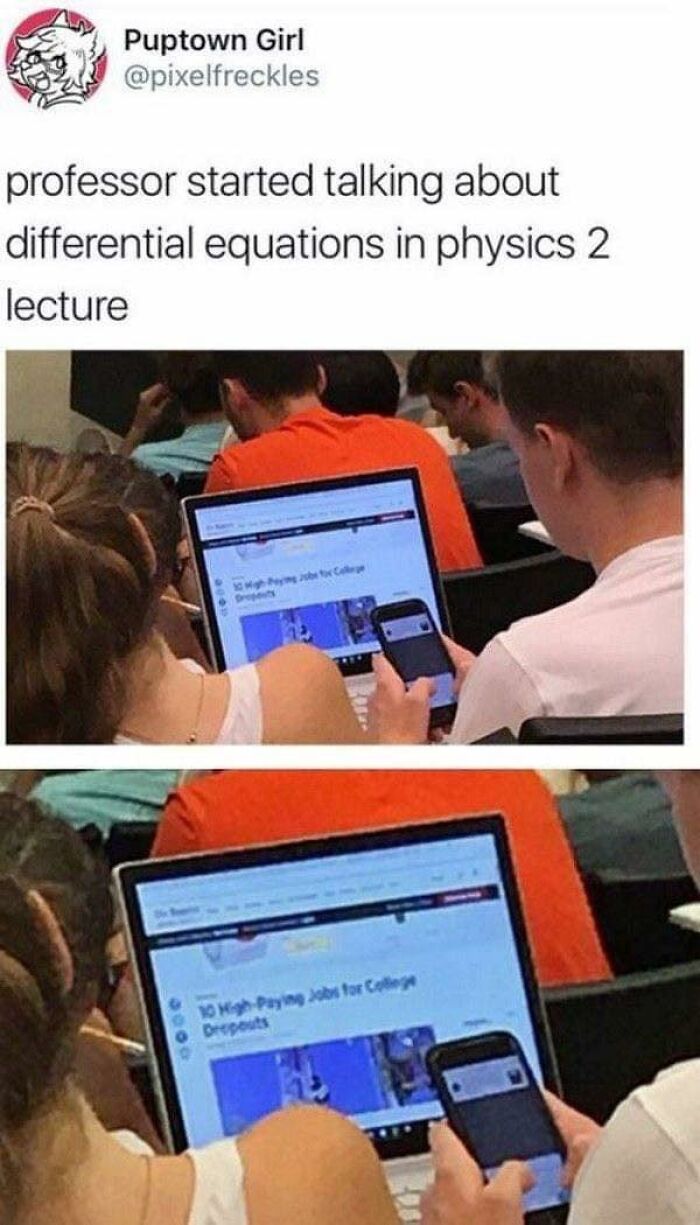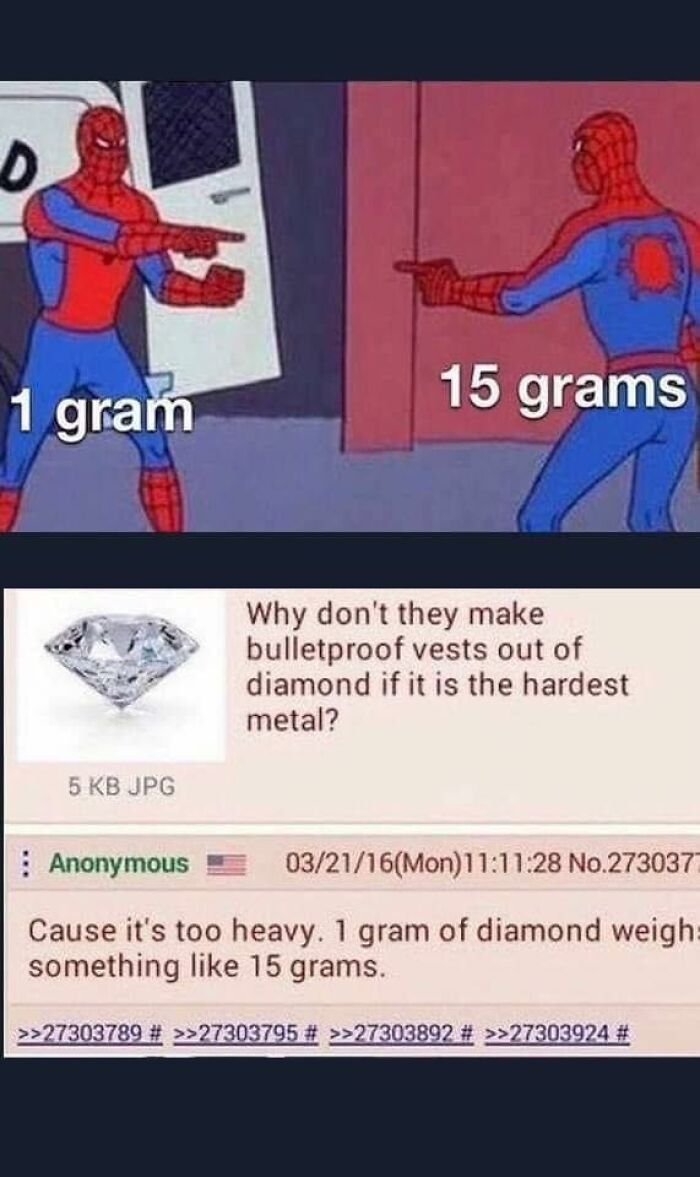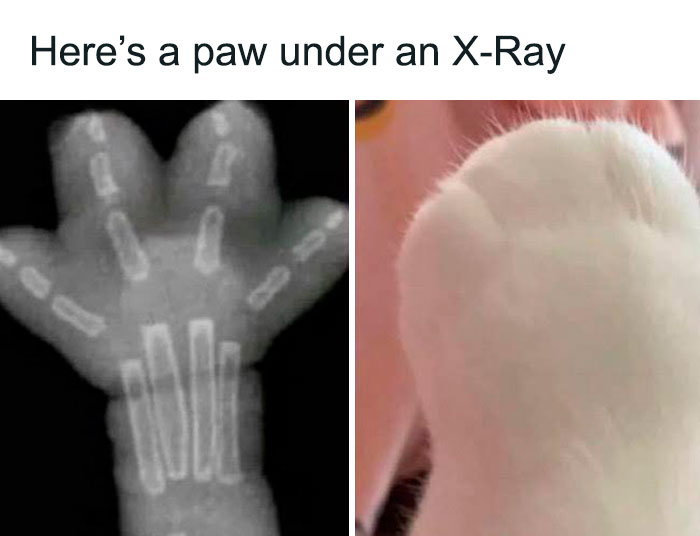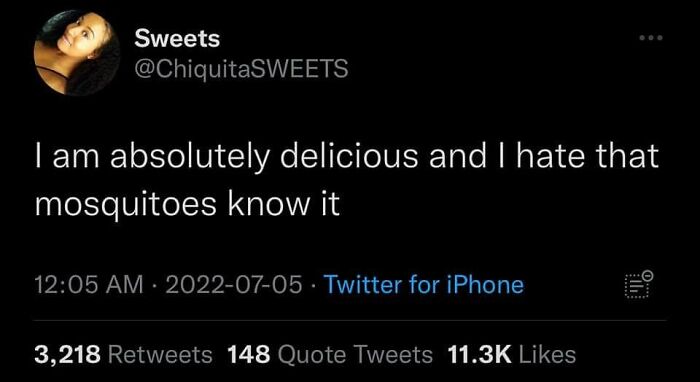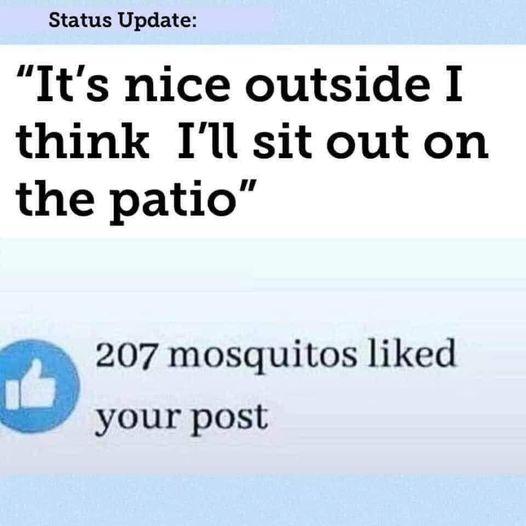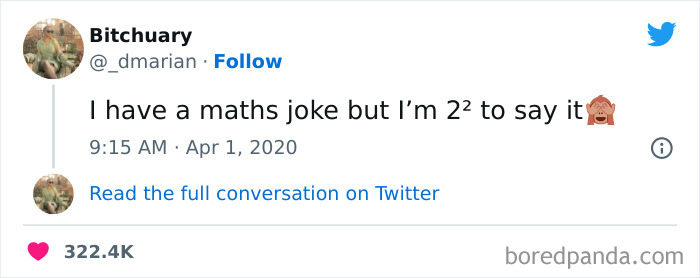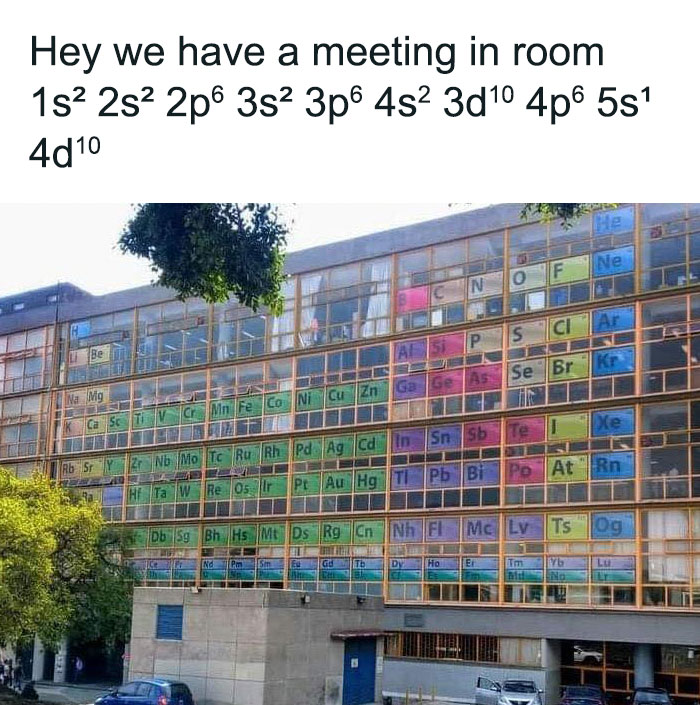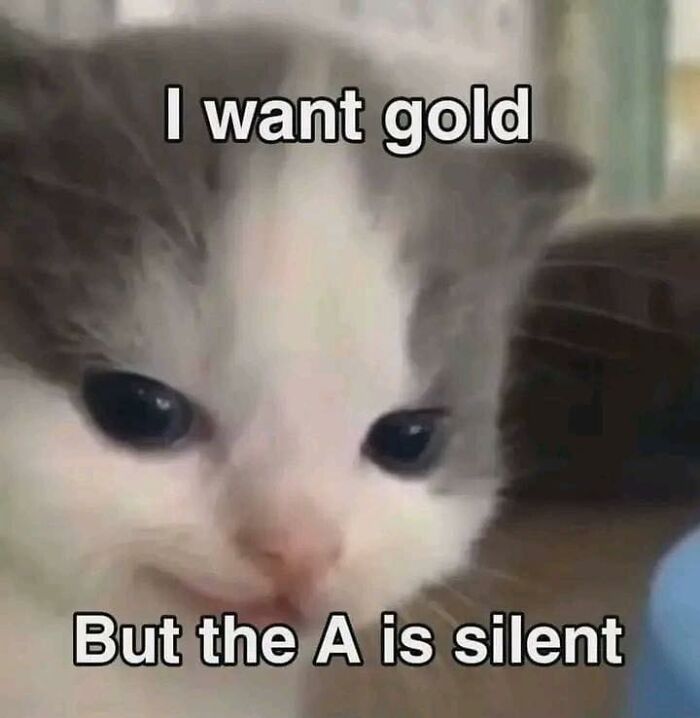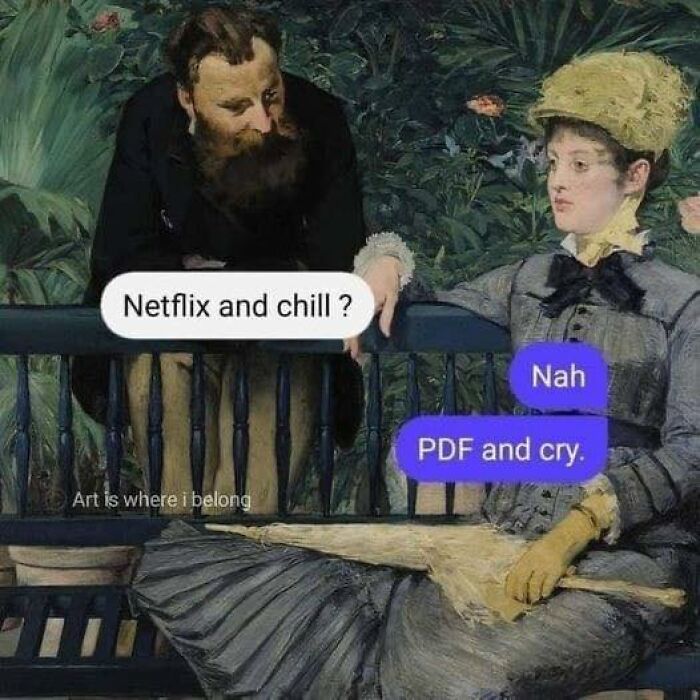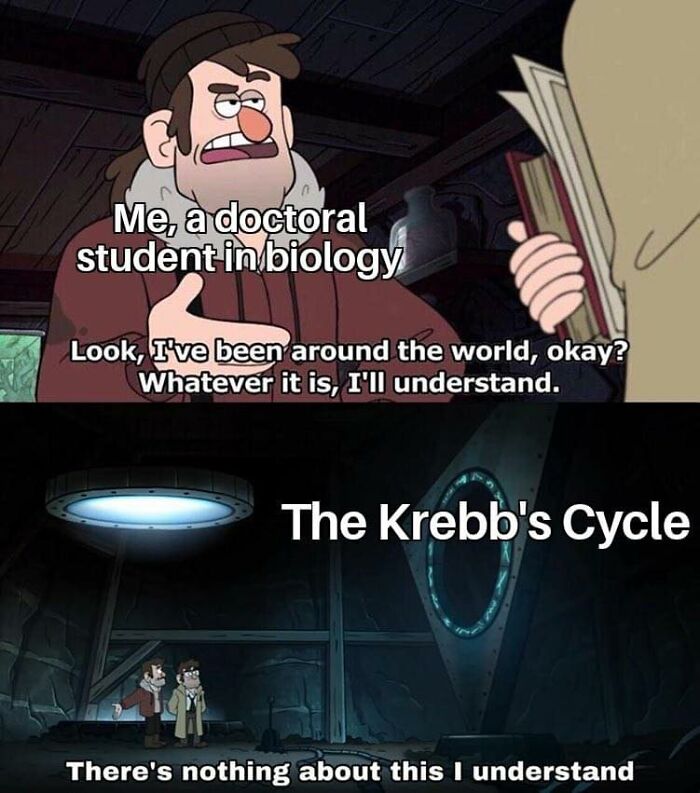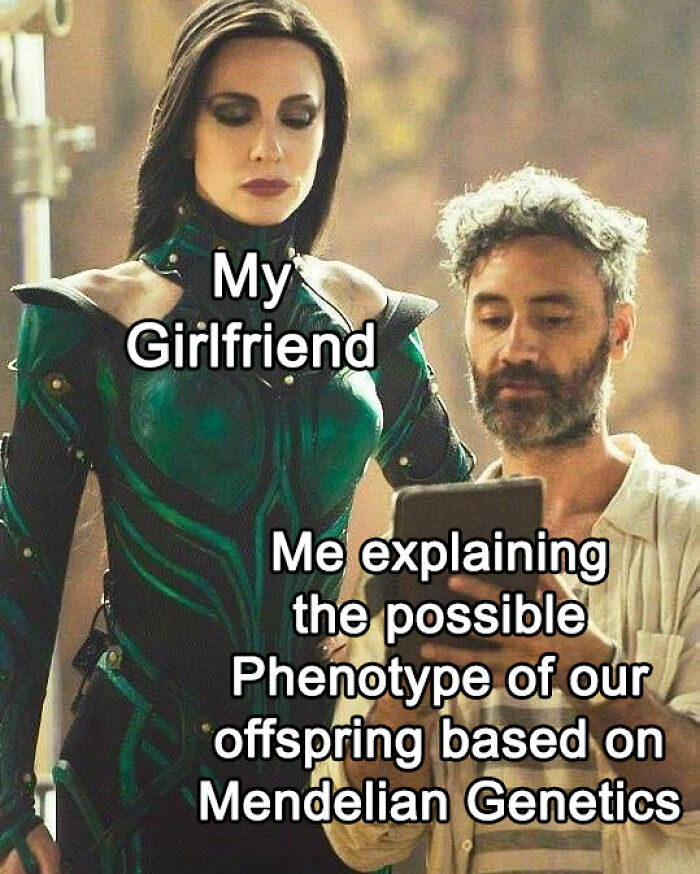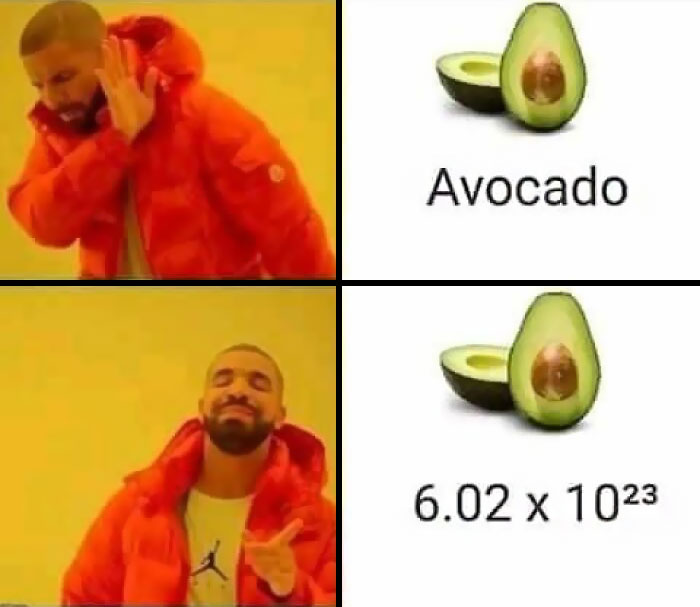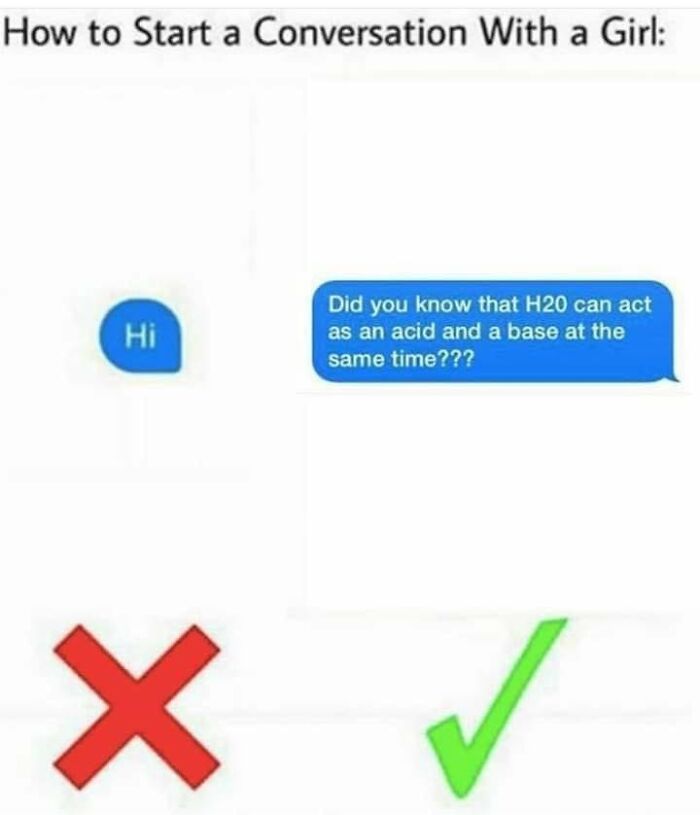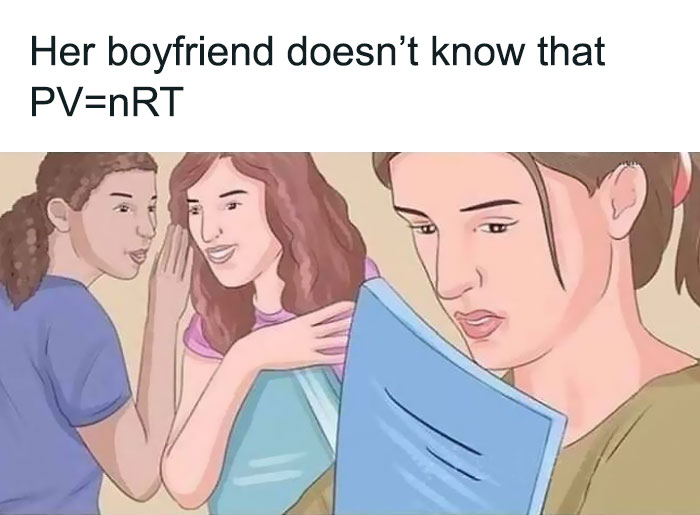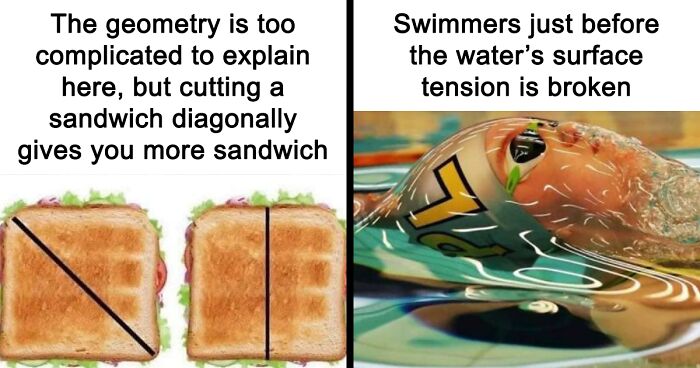
‘Science Memes’: 50 Of The Most Relatable Posts That Perfectly Marry Knowledge And Humor
The Facebook page 'Science Memes' is a fun and engaging online project that blends numbers and equations with pop culture references, wordplay, and relatable real-life scenarios.
From the latest scientific discoveries to lab mishaps and academic struggles, the page offers a lighthearted perspective on subjects that are often stereotypically labeled as repetitive and boring.
With over 1.3 million followers, 'Science Memes' has become a popular destination for those who enjoy learning and laughing, so let's give it a go and see what it has been posting lately.
More info: Facebook
This post may include affiliate links.
On the surface, memes are a just source of entertainment – a way for people to express themselves through remixed templates of text, images, and videos. Some even call them the wallpaper of our social media feeds. And rightfully so — memes are everywhere on the internet and often provide us with a few minutes of idle, amusing fodder for procrastination during our day.
But they also have a serious side, according to researchers looking at modern forms of communication. They are a language in themselves, with a capacity to transcend cultures and construct collective identities between people. These sharable visual jokes can also be powerful tools for self-expression, connection, social influence, and even political subversion.
Internet memes "are one of the clearest manifestations of the fact there is such a thing as digital culture," Paolo Gerbaudo, a reader in digital politics and director of the Centre for Digital Culture at Kings College London, told the BBC.
Gerbaudo described memes as a "sort of a ready-made language with many kinds of stereotypes, symbols, situations. A palette that people can use, much like emojis, in a way, to convey a certain content".
According to Instagram, over one million posts mentioning the word "meme" were shared every day in 2020.
But the first one to use it was evolutionary biologist Richard Dawkins, who coined the term in his 1976 book The Selfish Gene, likening discrete pieces of human culture that propagate between people to genes.
Dawkins shortened the ancient Greek word "mimeme" – with an apology to his classicist colleagues – to meme, making it rhyme with "cream". He suggested that memes were melodies, ideas, catchphrases, or bits of information that leap from brain to brain through imitation, expediting their transmission.
He used the term to highlight how human culture can replicate itself. In that sense, memes have been around probably since humans have had cultures they have shared. But we can also see the kernels of what makes modern internet memes so successful in ancient forms of pop culture.
I drove my mother home from the hospital after her double mastectomy for terminal cancer. We got the the house with all the family there for support. It was very subdued and depressing. A bird came to the feeder. I thought I'd change the subject and talk about the lovely bird, maybe lighten the mood: "Oh, look, you have Great Tits!" It lightened the mood...
The “picture” of the exoplanets is mostly just light in different wavelenghts that passed through the planet’s atmosphere. Based on the wavelenght, we can roughly tell what elements are present on the planet but not accurately guess how it looks. Planets 5 billion kilometres away (those in our solar system) have been visited by probes that have sensitive equipment and they use indivisual images to map out the whole planet. Edit: Just added a small point I forgot to mention
"We see the replication of mundane reality in many forms of art," said Idil Galip, a doctoral researcher at the University of Edinburgh, and founder of the Meme Studies Research Network. "Even going back to, let's say, Hellenic times, you've got something like tragic theatre, that takes things that happen to you that are upsetting and real-life and makes them into comedic things, which is what memes do."
But with the arrival of the internet, memes have become a more tangible phenomenon that can be observed as they grow, spread, and mutate. Researchers at Facebook showed in a study just how widely memes posted on their platform can evolve. In one example, they found 121,605 different variants of one particular meme posted across 1.14 million status updates.
Theory (I am a mathematician, but it's a theory, so no charge.): Cutting the bread diagonally makes some bites less efficient, as in less sandwich per bite. (At four places you are eating triangular bites half the areas of your usual squarish bites.) Therefore, more bites and so the illusion of more sandwich.
For more of this good stuff, check out Bored Panda's earlier publication on the Facebook page 'Science Memes' as well as our pieces on the Facebook group titled 'The Lighter Side Of Science' and the Instagram account 'Memes Of Science.'
The blackhole scene is kind of nonsense. He would’ve been spaghettified and died but it’s not like movies depict reality so I’ll let it slide
This is the articles we want on BP. Not I was abusive and my wife divorced me. AITA?
what would the scientific algorithm be for A.I.T.A.?
Load More Replies...Some of these I didn't get but I'll be damned if I'll ask for explanations. That would be as bad as reading the directions.
Some directions have pictures, reading not required
Load More Replies...I have been made more smart and realized how dumb I am all in one post
That’s how science works. That’s what science IS. Which is why some people dislike it so much, I guess.
Load More Replies...This is the articles we want on BP. Not I was abusive and my wife divorced me. AITA?
what would the scientific algorithm be for A.I.T.A.?
Load More Replies...Some of these I didn't get but I'll be damned if I'll ask for explanations. That would be as bad as reading the directions.
Some directions have pictures, reading not required
Load More Replies...I have been made more smart and realized how dumb I am all in one post
That’s how science works. That’s what science IS. Which is why some people dislike it so much, I guess.
Load More Replies...
 Dark Mode
Dark Mode 

 No fees, cancel anytime
No fees, cancel anytime 






